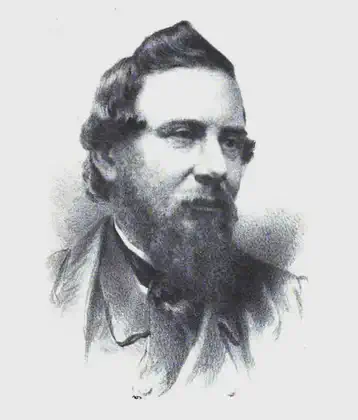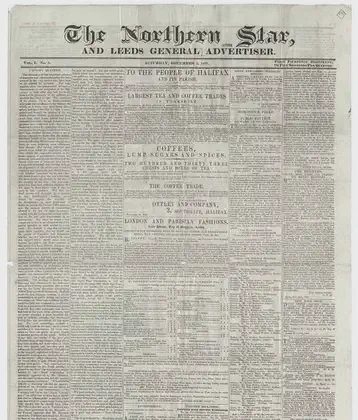On January 04, 1642 in Celtic History
English civil war, attacks the english parliament
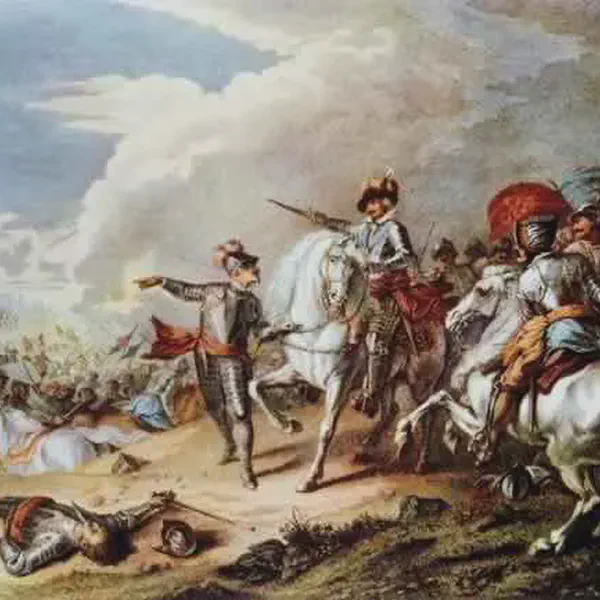
The English Civil War, which took place in the mid-17th century, was a complex and multifaceted conflict involving various factions. It’s important to clarify that the English Parliament itself was divided during the English Civil War, and it was not a singular entity under attack. Instead, different groups within Parliament supported different sides of the conflict.
The war was primarily fought between the Parliamentarian forces, who were loyal to the English Parliament but were often associated with the Puritan and anti-royalist factions, and the Royalist forces, who were loyal to King Charles I. The conflict had its roots in disputes over the powers and prerogatives of the monarchy and the role of Parliament.
In the early stages of the war, King Charles I attempted to arrest several leading members of Parliament, which is sometimes referred to as the “Five Members’ Plot” in January 1642. This move was one of the significant escalations that led to the outbreak of the war. However, the war itself was not characterized by the Parliamentarian forces attacking the English Parliament. Instead, it involved battles, sieges, and conflicts between the two opposing armies throughout England and Wales.
The English Civil War had multiple phases and was a complex and protracted conflict, with different military and political developments over its course. It ultimately led to the trial and execution of King Charles I, the establishment of the Commonwealth of England under Oliver Cromwell, and the eventual restoration of the monarchy in 1660 under Charles II.
More From This Day

Handsel Monday, traditionally the day on which gifts were exchanged in Scotland
January 4th
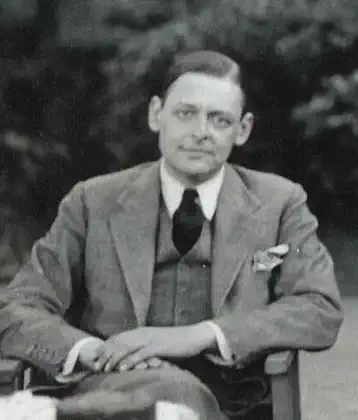
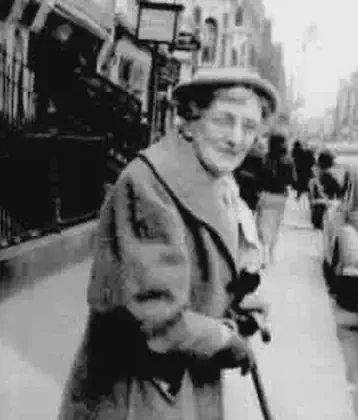

Martial law is extended to counties Clare, Kilkenny, Waterford and Wexford
January 04, 1921
